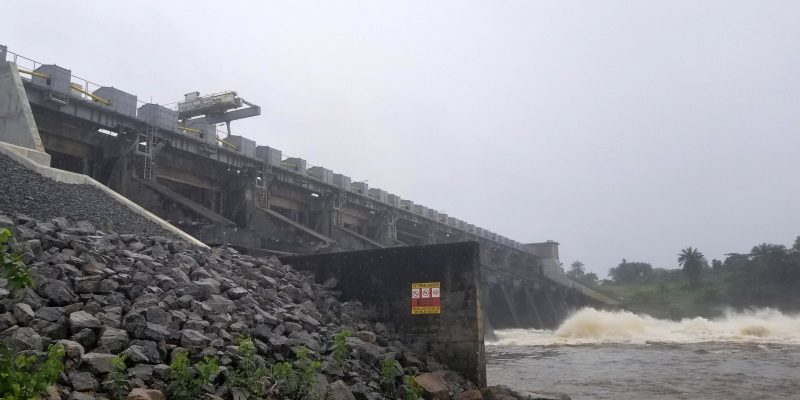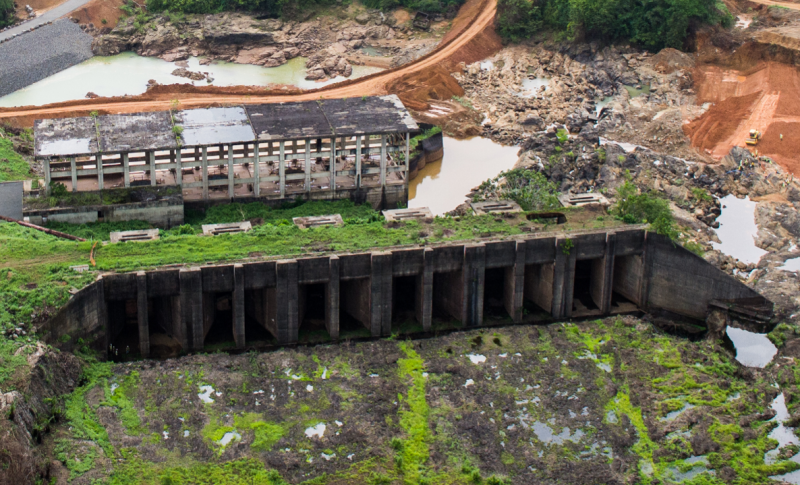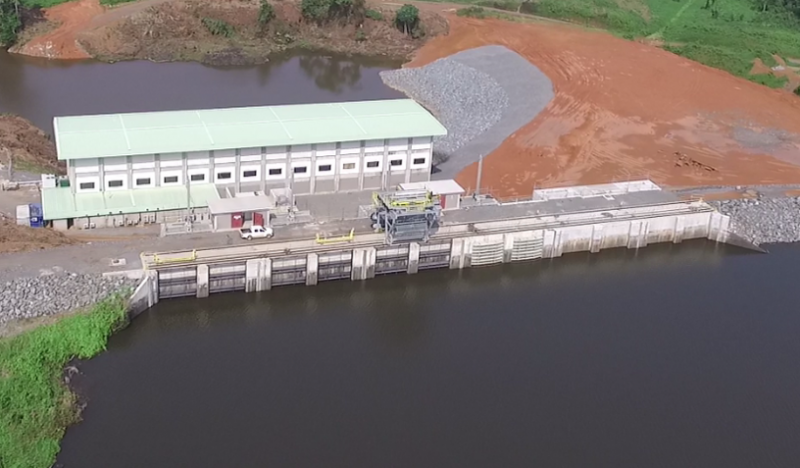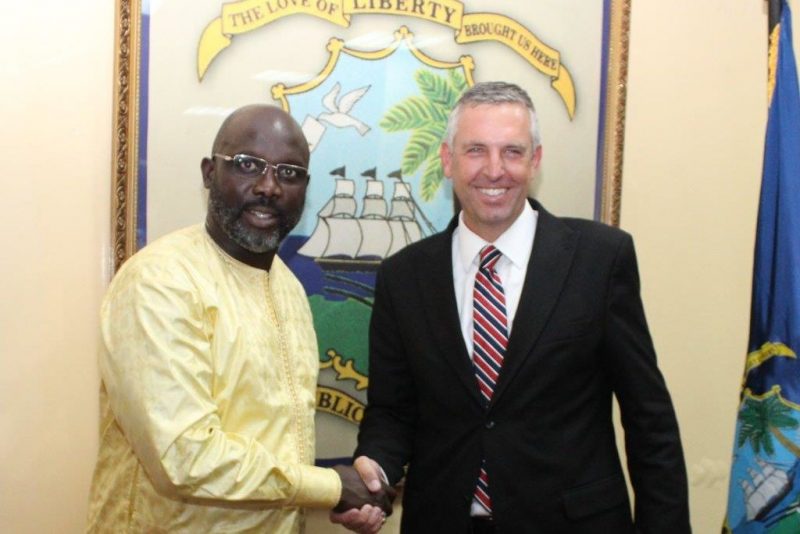
Molly Lynn Westrate, MCC
The Mount Coffee hydropower plant
Challenges in Liberia still abound, not the least of which is the country’s inadequate power infrastructure. Only around 4.9 percent of the total population has access to electricity, making it one of the least electrified counties in the world. When the Millennium Challenge Corporation selected Liberia for a $257 million compact in 2016, MCC joined the Government of Liberia, civil society organizations and representatives of the private sector in identifying the lack of access to reliable and affordable electricity as one of the primary constraints to economic growth. The power sector was ripe for an investment seeking to bolster Liberians’ efforts to improve their daily lives and lift themselves out of poverty.
The Mount Coffee hydropower plant, the country’s single largest power source, had been badly damaged during Liberia’s civil wars and was in dire need of repair. The significance of the plant also extends beyond electricity generation alone. Originally constructed in the 1960s, Mt. Coffee was emblematic of the country’s advancement and is symbolically connected to the aspirations of the Liberian nation. Together with the Government of Liberia and other stakeholders, we invested in the rehabilitation of the Mt. Coffee hydropower plant. MCC was the largest donor to the effort, and I am happy to report that the project recently reached an important milestone when all four of the plant’s turbines went online. The plant can now produce 88 megawatts of power, more than doubling the power generation capacity of the entire country. The project is expected to provide power to 460,000 people, lighting the way toward a brighter future for Liberians.

Mt. Coffee Hydropower Rehabilitation Project: Project Implementation Unit
Mt. Coffee before rehabilitation

Mt. Coffee Hydropower Rehabilitation Project: Project Implementation Unit
Mt. Coffee after rehabilitation

Courtesy of U.S. Embassy in Liberia
Liberian President George Weah (left) and Jonathan Nash, Chief Operating Officer of MCC
MCC’s compact with Liberia is not limited to electricity. It also focuses on national and regional road planning, since inadequate road infrastructure was found to be a significant constraint to economic growth in the country. MCC will match, up to $15 million, contributions provided by the Government of Liberia towards a road maintenance fund. Additionally, we are investing in a roads sector reform project that provides training and technical assistance for the Ministry of Public works and The Office of the National Road Fund to prioritize maintenance projects and effective institutional management of the country’s roads infrastructure.
We are proud to be a part of what Liberia has achieved with the Mt. Coffee hydropower plant and look forward to working with President Weah towards the successful completion of our compact. I am hopeful that Liberia’s progress will continue and that our efforts will usher in a new era of sustainable economic growth and poverty reduction.

